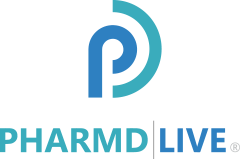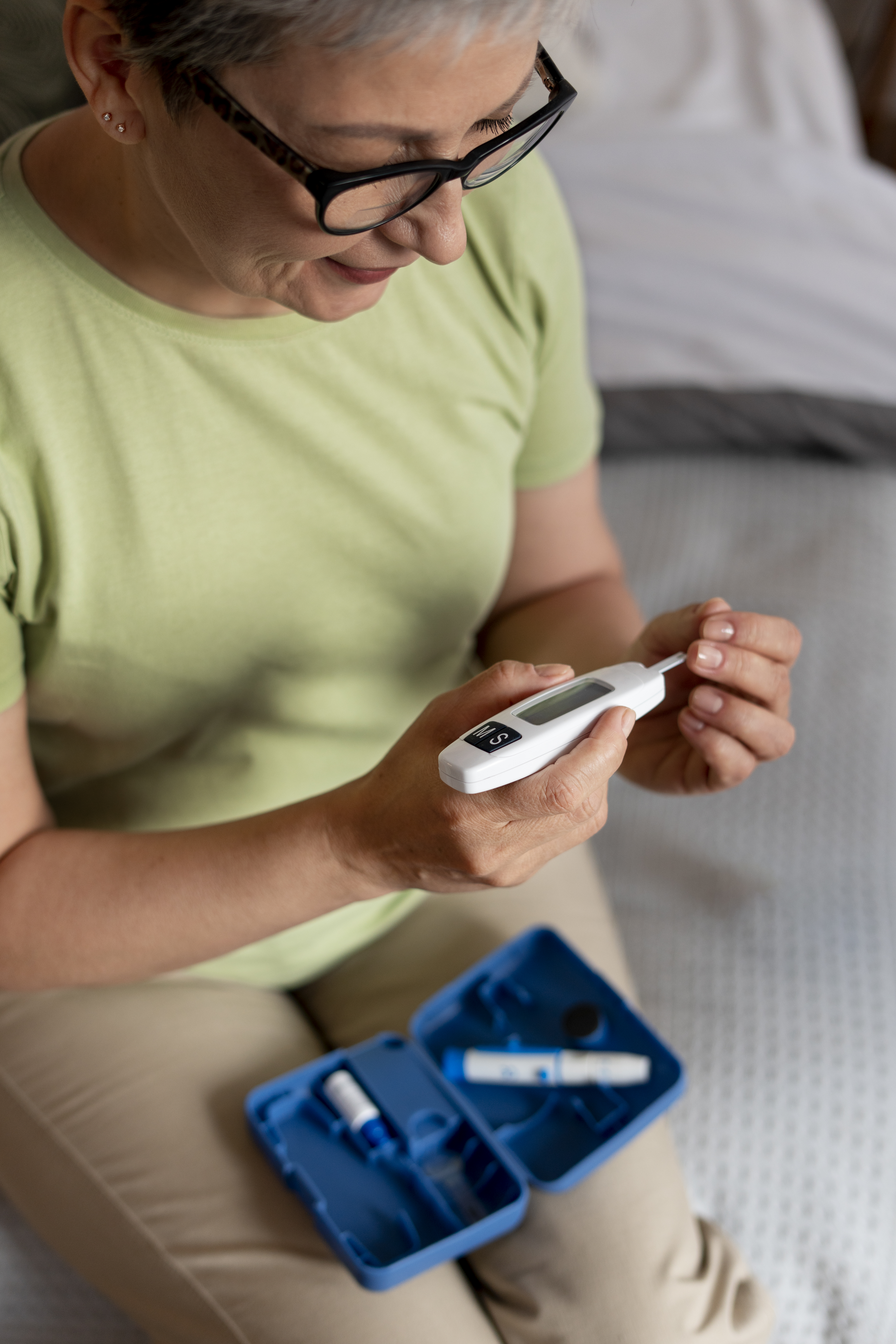By Ryan Payne, PharmD
Because of the insidious nature of chronic kidney disease, and because most people affected do not have symptoms until the condition becomes advanced, it is sometimes under-recognized by busy healthcare providers. According to the National Kidney Foundation, kidney disease affects an estimated 37 million people in the United States. Of these 37 million Americans, approximately 90% of them with chronic kidney disease don’t know they have it. Furthermore, in the United States, 1 in 3 persons above age 18 is at risk for developing chronic kidney disease.1
Despite these statistics, kidney disease is largely preventable with regular, multidisciplinary care. Highly trained clinical pharmacists understand the causes of acute and chronic kidney disease—medication-related and causes not related to medication. These professionals are specially trained to control and decrease risk factors for developing chronic kidney disease through medication management. Two of the most significant risk factors for chronic kidney disease are uncontrolled diabetes and high blood pressure.
This information should be alarming to the nearly 35 million U.S. adults living with diabetes2 and the estimated 47 million Americans living with high blood pressure3.
In a study that looked at the effect of a pharmacist-physician collaborative care model on patient outcomes and health services utilization, by including clinical pharmacists, patients achieved significant improvement in medication-related clinical health outcomes and reduced hospitalization.4 Moreover, in this study, patients who received additional care from a clinical pharmacist benefited from significant improvements in glycosylated hemoglobin and blood pressure, two important risk factors in developing chronic kidney disease.
A similar study focused more specifically on the pharmacist’s role in managing high blood pressure found similar benefits when pharmacists were on the patient’s care team. In this study, chronic care management (CCM) collaboration between pharmacists and primary care physicians led to meaningful improvements in blood pressure for Medicare beneficiaries with uncontrolled high blood pressure.
By the end of month 9, the services provided by the pharmacists resulted in a mean drop in systolic blood pressure of 7.3mmHg and a decline in diastolic pressure of 3.0mmHg. At the start of the study, eligible patients had a blood pressure >130/80, with a mean of 140.4/77.9mmHg. At 9 months post-initiation, the mean blood pressure was 133.1/74.9 mmHg. The chronic care management model nearly doubled revenue for both the physician group and the pharmacy practice as an added benefit.5 These studies underscore pharmacists’ role in controlling risk factors for several diseases, including chronic and acute kidney disease.
Though commonly under-recognized, kidney disease is widespread. Chronic kidney disease, in particular, is preventable through health and lifestyle modifications. When detected early and managed properly, patients with kidney disease have the opportunity to live an otherwise healthy life. By working with accessible clinical pharmacists, such as those at PharmD Live, patients improve their quality-of-life and health outcomes.
After spending March elevating awareness of kidney disease, PharmD Live is helping move the needle in the right direction: prevention. We are doing our part by partnering with providers in communities where the prevalence of risk factors is high. PharmD Live is dedicated to bringing quality- and evidence-based care to patients living with kidney disease.
PharmD Live’s chronic care solutions apply proprietary AI-driven technology to monitor your patients’ prescriptions, over-the-counter medications, and natural treatments that are harmful to the kidneys and exacerbate poor kidney function. Predictive analytics identify potential issues before they become chronic. Through our metrics-driven, turnkey telehealth solutions, we seamlessly provide personalized care coordination, medication management, and consistent patient engagement for patients, to improve quality and satisfaction scores. For patients with two or more chronic conditions, PharmD Live’s CCM program supplies auditable reports to physician offices for filing with CMS.
Our aim with these collaborations is to improve the quality of life and health outcomes for our communities—to educate and affect change. Our pharmacists bridge the gap between knowing and doing.
To learn more about PharmD Live and the personalized care, pharmacological expertise, and improved outcomes we are committed to providing, visit our website at pharmdlive.com.
About the author – Ryan Payne is a residency-trained clinical pharmacist serving in the Houston metro area. He received his MS and PharmD from The University of Tennessee Health Science Center in Memphis.
References
- National Kidney Foundation. (2021, May 20). Kidney disease: The basics. National Kidney Foundation. Retrieved March 23, 2022, from https://www.kidney.org/news/newsroom/fsindex#fast-facts
- American Diabetes Association. (2022, February 4). Statistics About Diabetes. American Diabetes Association. Retrieved March 24, 2022, from https://www.diabetes.org/about-us/statistics/about-diabetes
- Centers for Disease Control and Prevention. (2021, September 27). Facts About Hypertension. Centers for Disease Control and Prevention. Retrieved March 24, 2022, from https://www.cdc.gov/bloodpressure/facts.htm
- Matzke, G. R., Moczygemba, L. R., Williams, K. J., Czar, M. J., & Lee, W. T. (2018). Impact of a pharmacist–physician collaborative care model on patient outcomes and Health Services Utilization. American Journal of Health-System Pharmacy, 75(14), 1039–1047. https://doi.org/10.2146/ajhp170789
- Inman, S. (2019, October 28). Pharmacist and Physician Led Chronic Care Program Improves Hypertension. Drug Topics. Retrieved March 24, 2022, from https://www.drugtopics.com/view/pharmacist-and-physician-led-chronic-care-program-improves-hypertension









One Response
The stats are concerning, but they really don’t need to be if you stay on top of your health.